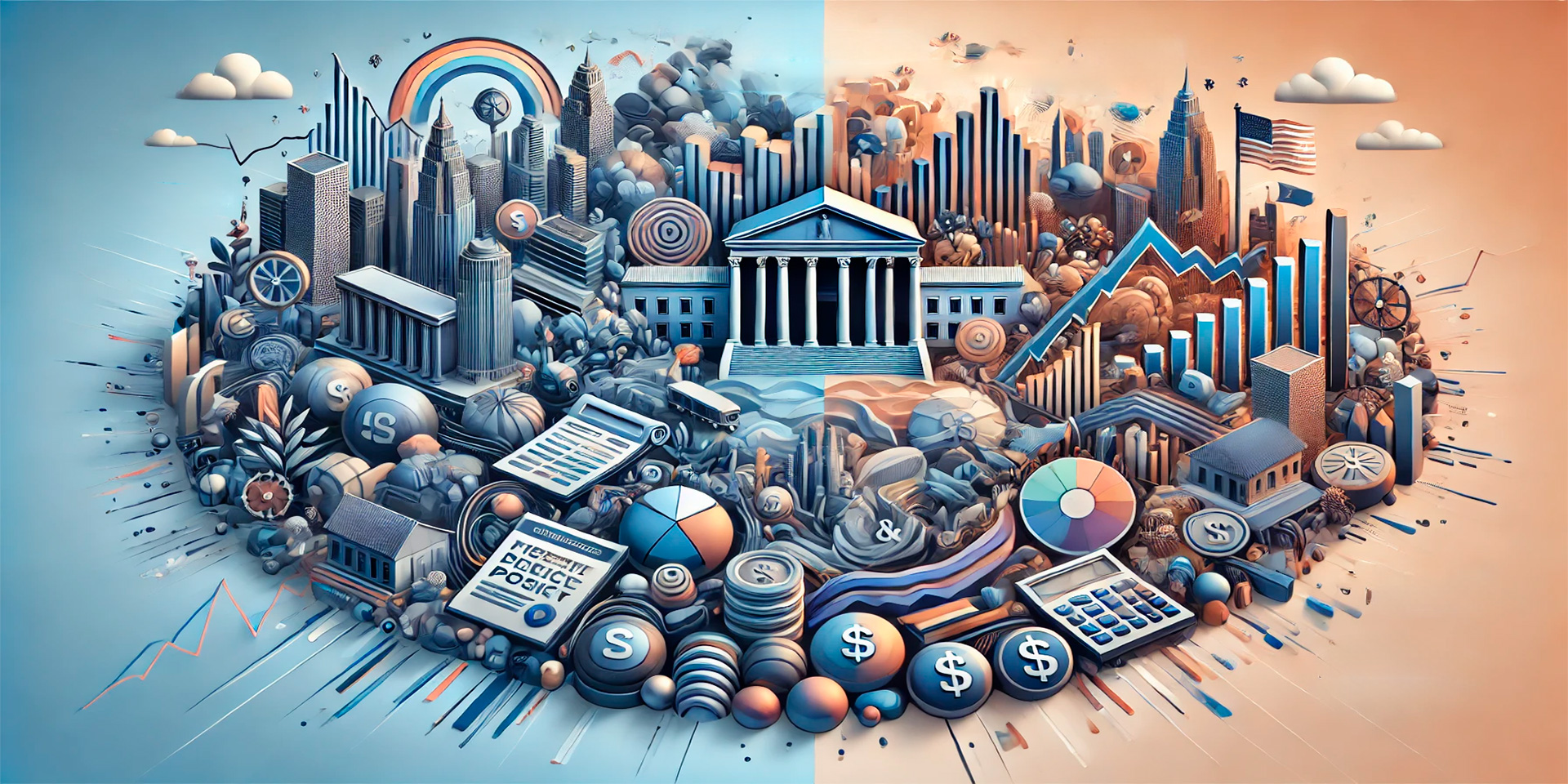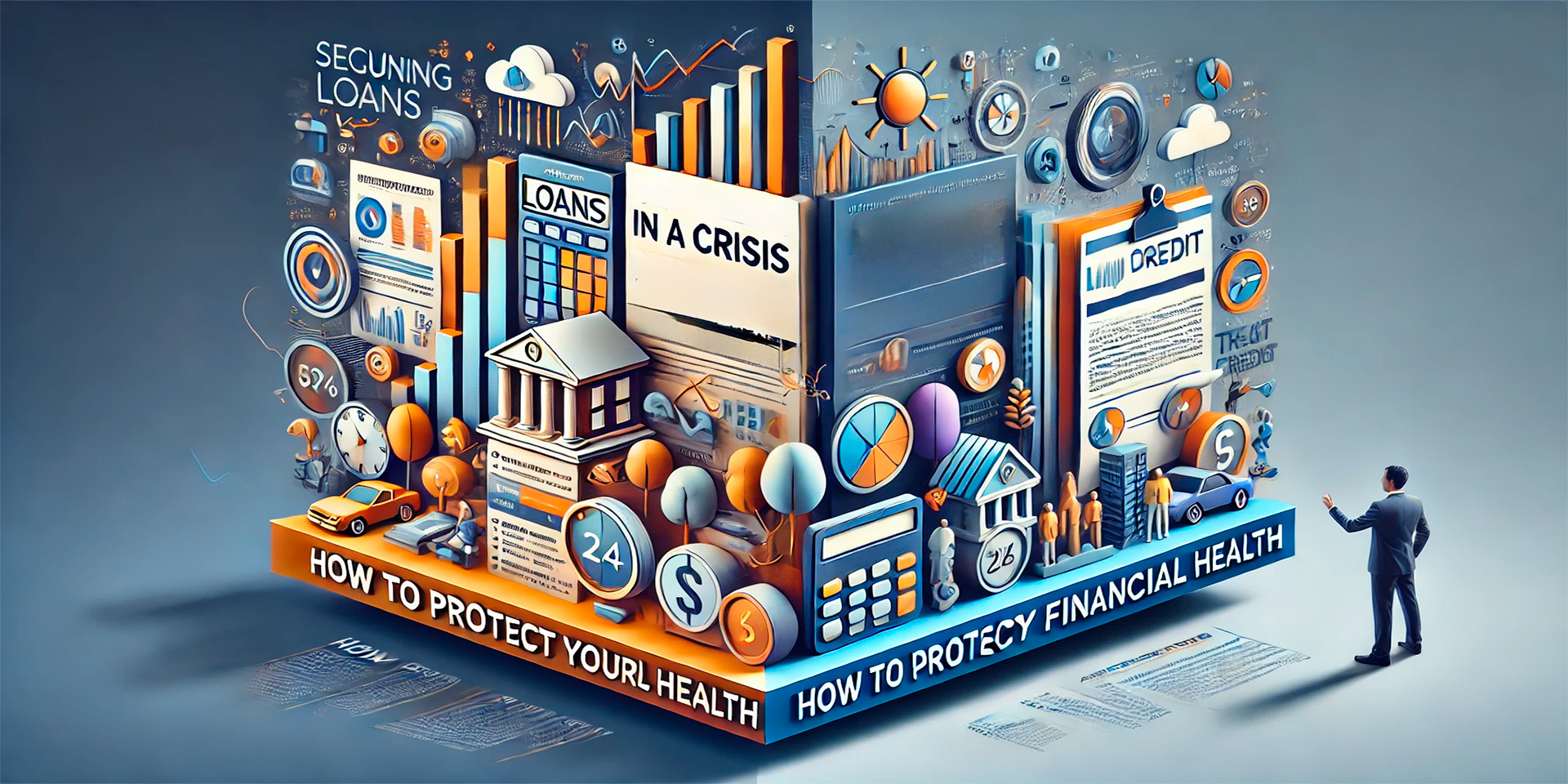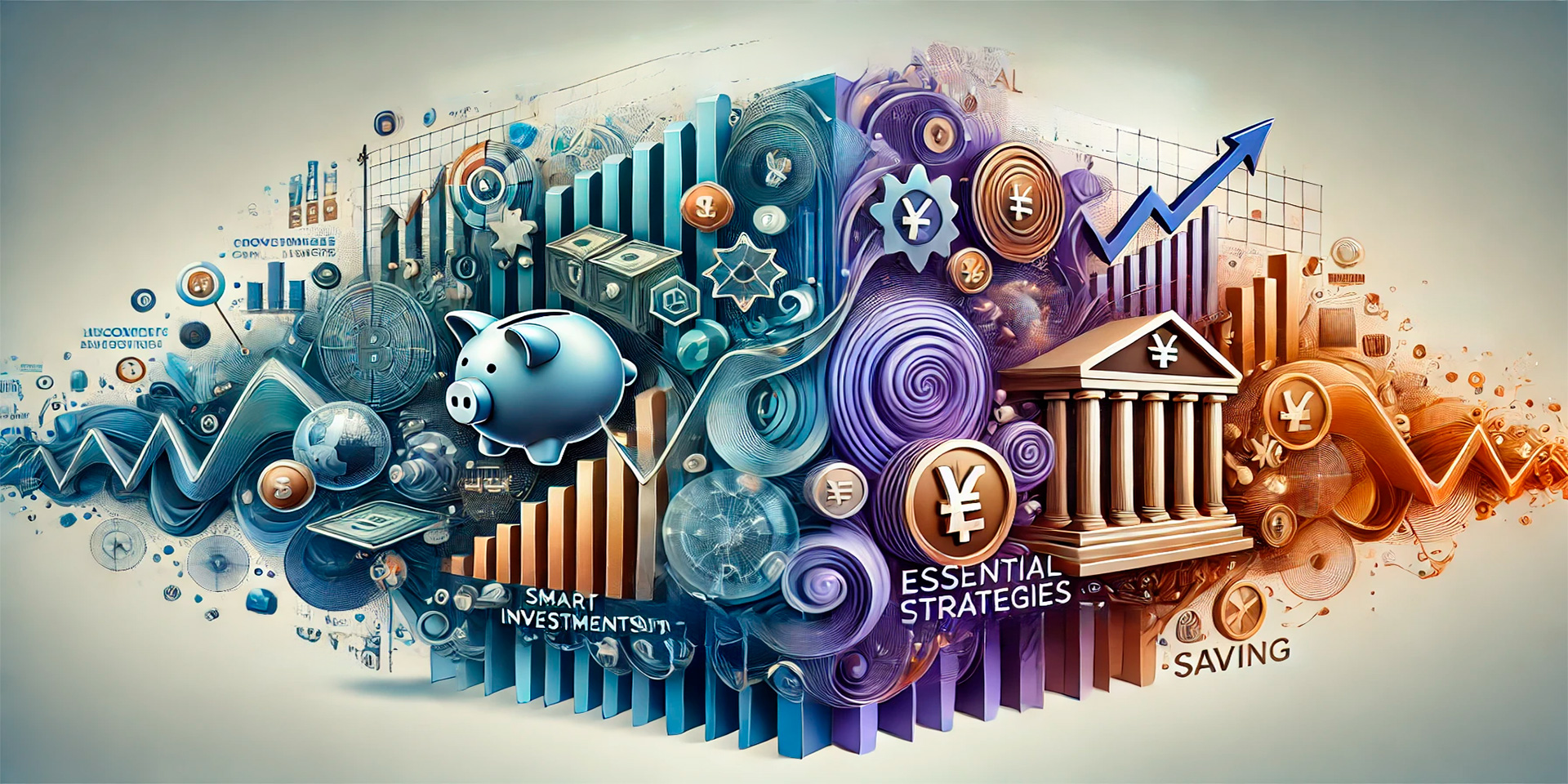When economies face crises, such as recessions or financial downturns, governments and central banks step in to stabilize the economy and encourage growth. The two primary tools they use to combat these crises are fiscal policy and monetary policy. Each plays a unique role in managing economic conditions, but they…
-
-
Thriving During Economic Stagnation: Strategies for Business Success
Economic stagnation, characterized by slow or no growth in an economy, presents significant challenges for businesses of all sizes. During these periods, demand for products and services can decline, revenues may stagnate, and opportunities for expansion may feel limited. However, economic stagnation doesn’t have to spell disaster. With the right…
-
Financial Survival: Reducing Debt and Saving During an Economic Downturn
Economic crises can put significant strain on personal finances, making it challenging to manage debt while also maintaining savings. During these times, it’s easy to feel overwhelmed by mounting bills and the uncertainty of future income. However, taking proactive steps to reduce debt and increase savings is essential for maintaining…
-
Securing Loans in a Crisis: How to Protect Your Financial Health
Economic crises are disruptive events that not only affect businesses, employment, and financial markets, but also significantly impact individuals’ ability to access loans and credit. During a crisis, banks and financial institutions typically tighten their lending criteria, making it harder for borrowers to secure loans, credit cards, or other forms…
-
Protecting Your Purchasing Power During Economic Crises: Essential Strategies for Financial Stability
Economic crises are disruptive events that can significantly impact the financial stability of individuals and economies. One of the most immediate effects of such crises is the erosion of purchasing power—the ability to buy goods and services with a given amount of money. As prices rise and wages stagnate, people…





